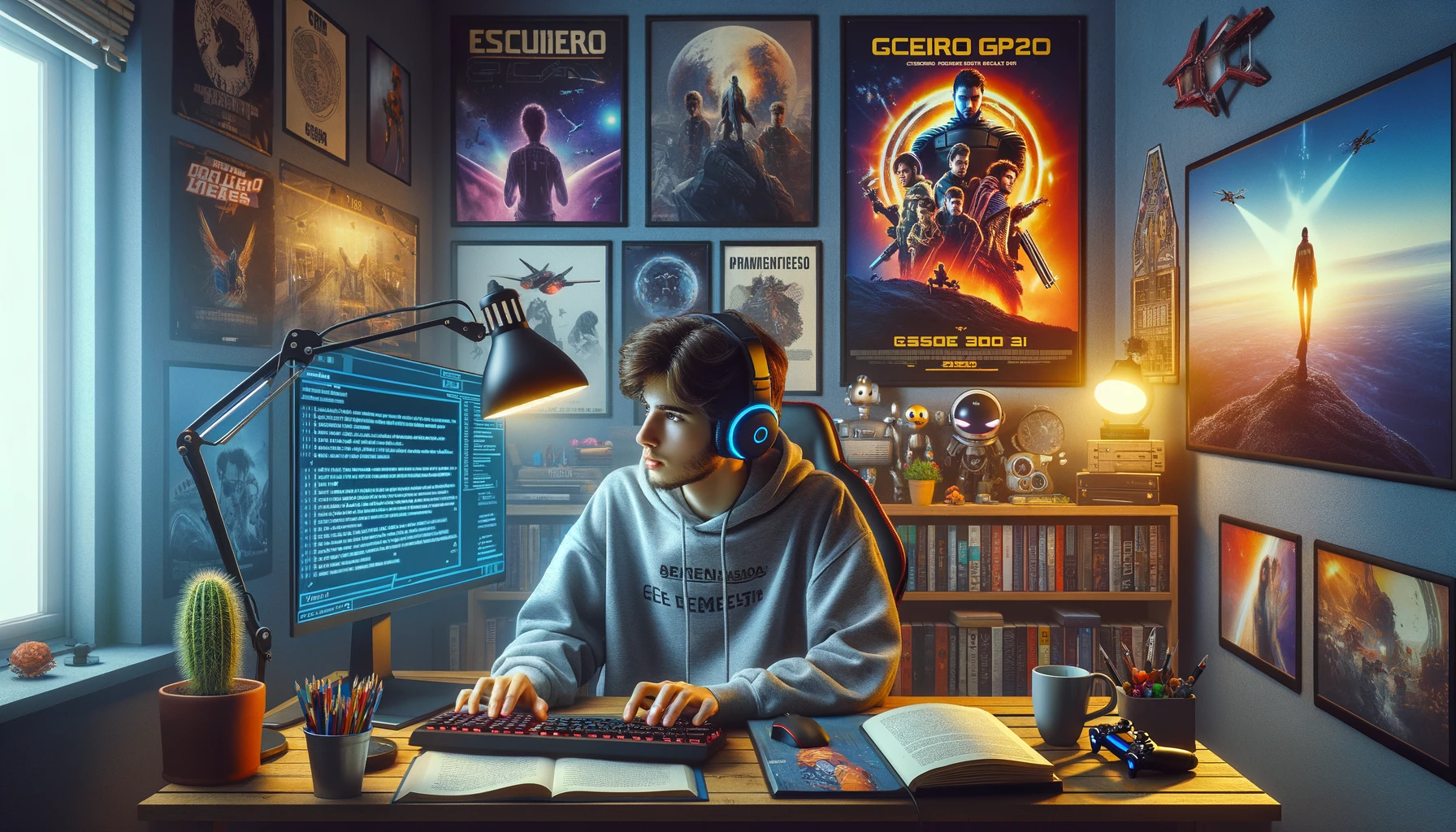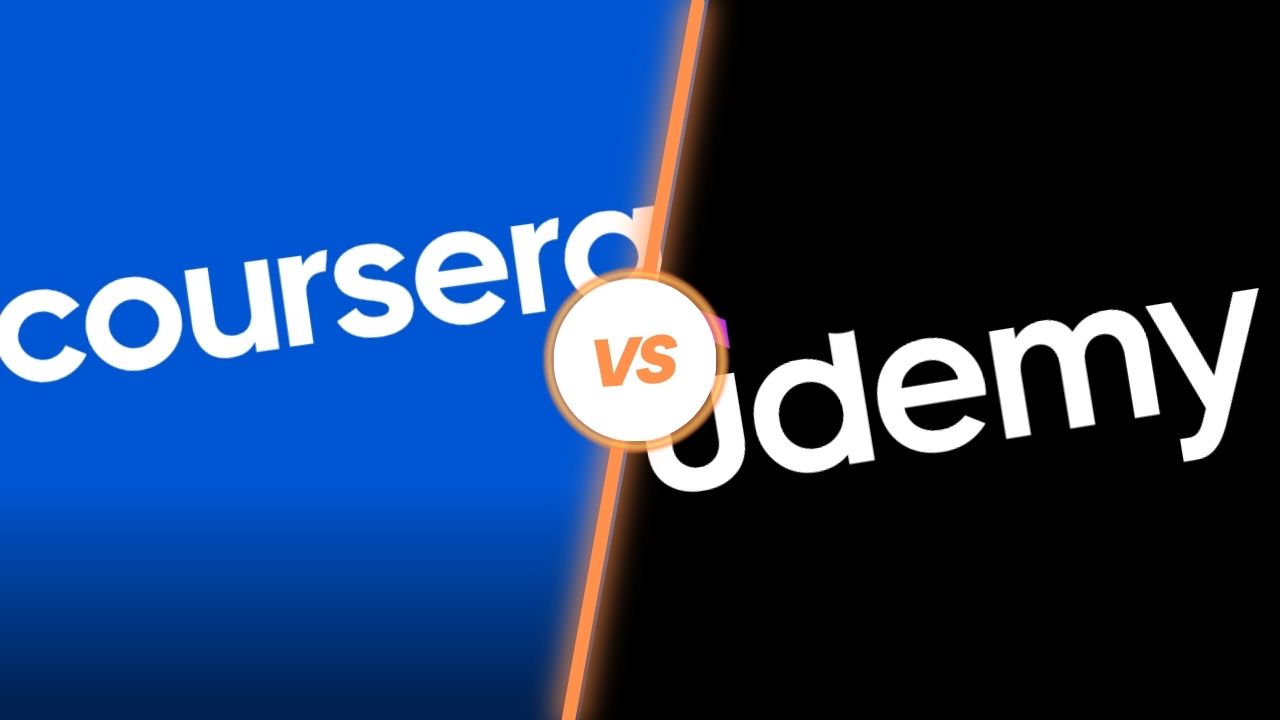A large percentage of the population at some point enters an educational institution with the aim of improving themselves, but they also enter to give value and continue building self-esteem, since the certain awareness that the person has of knowing, of being capable, of being well prepared , and being able to make a valuable contribution to society makes you feel good about yourself. In elementary school we meet an infinity of people with different tastes, characteristics, personalities and others. Some classmates with very high self-esteem and others very low, just like the teachers, and this is where we observe a circular relationship.
If the student has high self-esteem, they will behave pleasantly, be cooperative, committed, perform better and facilitate school work. Therefore, the teacher will be positively reinforcing, encouraging and will give positive feedback; which will make the child behave better, generating a virtuous circle.
If, on the other hand, his self-esteem is low, he will become irritable, indifferent, not very responsible and in some cases aggressive and humiliating with his peers. With this situation, it is highly likely that the teacher will tend to assume a more critical and rejecting posture towards the child, who in turn will become more negative and defiant, thus creating a vicious circle. In turn, a correlation has been found between teachers' self-esteem and children's self-esteem. Teachers with good self-esteem are more reinforcing, give children more security, are more satisfied with their school performance, develop a more positive emotional climate, and their students appear happier in the classroom.
The Role of Teachers in Building Confidence in Children and Youth
Teachers with low self-esteem tend to be afraid of losing authority, therefore they use a much more repressive discipline and their students are less creative, they do not know how to work alone, they are more tense and irritable and depend on the control that the adult exercises over them.
Exclusive limited-time offer: Annual Coursera Plus at USD $ 399 USD $299. Save and learn more! Click and find out how.
The importance of self-esteem in education has to do with school performance, with motivation, with the development of personality, with social relationships and with the child's affective contact. All these previously raised cases will clearly interfere in the life of all the people who interact in the educational environment. Both at the moment in which the events occur and in the future, since a child who was always rejected in his class or who was a victim of bullying for a long period of time will develop low self-esteem, being reflected in his attitude, which It will begin to take more importance in the stage of adolescence. This is why we see so many young people depressed and unsure of themselves, their voice, their height, skin color and any other physical feature.
The educational system that we witness today in Colombia and most countries in the world (assessing students with a number or a letter) collaborates in a certain way with this problem, a student who always gets good grades will always be seen as the best, the most outstanding of his companions; thus raising their self-esteem sometimes creating self-centered and "leftover" people, while someone who finds it difficult to learn and does not get good grades, will be reprimanded and questioned in a negative way by their teachers, family and in one way or another by their peers. fellow students, who reject them when carrying out group activities or some type of social event because they see them as bad influences. It is because of this rejection that we lose so many young people to vices, since they find their consolation in alcohol, drugs and in such common practices today as the use of cell phones, computers and social networks.
All this, combined with a state of depression leads us to fall into any barbarism that we can easily find on the street or on the Internet, as is the specific case of malicious games or games with harmful purposes.
The game of "The Blue Whale"
The context of the name "blue whale" comes from the phenomenon of stranding in cetaceans, which is compared to suicide. Strandings occur in the arena from the beach or on the seashore. This situation is often fatal for cetaceans (whales) as they can die of dehydration. It also often happens that their lungs are crushed due to the great weight of these animals on dry land.
The game consists of a series of tasks given by the administrators, which the players must complete, usually once a day, some of which involve doing cuts on the arms. Some tasks can be given in advance, while others can be given by administrators the same day, with the last task being the suicide.
The first case of gambling-related suicide is believed to have occurred in 2015, in Russia, a country where more than a hundred gambling-related suicides are being investigated. The game went viral with its arrival in Latin America, where it has already claimed several lives, including three Colombians. The game was created by a Russian named Philipp Budeikin, a former student of psychology who was expelled from his university. Budeikin stated that his purpose was to "cleanse" society, pushing those whom he considered useless to suicide. According to experts, the administrators of these suicidal games identify vulnerable children and young people and by vulnerable they refer to the aforementioned, young people with such low self-esteem that they suffer from insecurity and depression, which is reflected in their social media posts.
Sadly we find today that children and adolescents remain more connected to the Internet than to their family unit, more connected to the cell phone than to their siblings or friends, and this in many cases is due to the fact that they find an escape or a distraction from their environment. in this virtual world.
As a teaching, it is up to parents to create a positive attitude for their son or daughter that is reflected in all the environments in which they develop and to be alert to the different situations that occur in their educational institution that may affect their self-esteem. and emotional state, as well as being more aware of the different uses that they are giving to the Internet.












